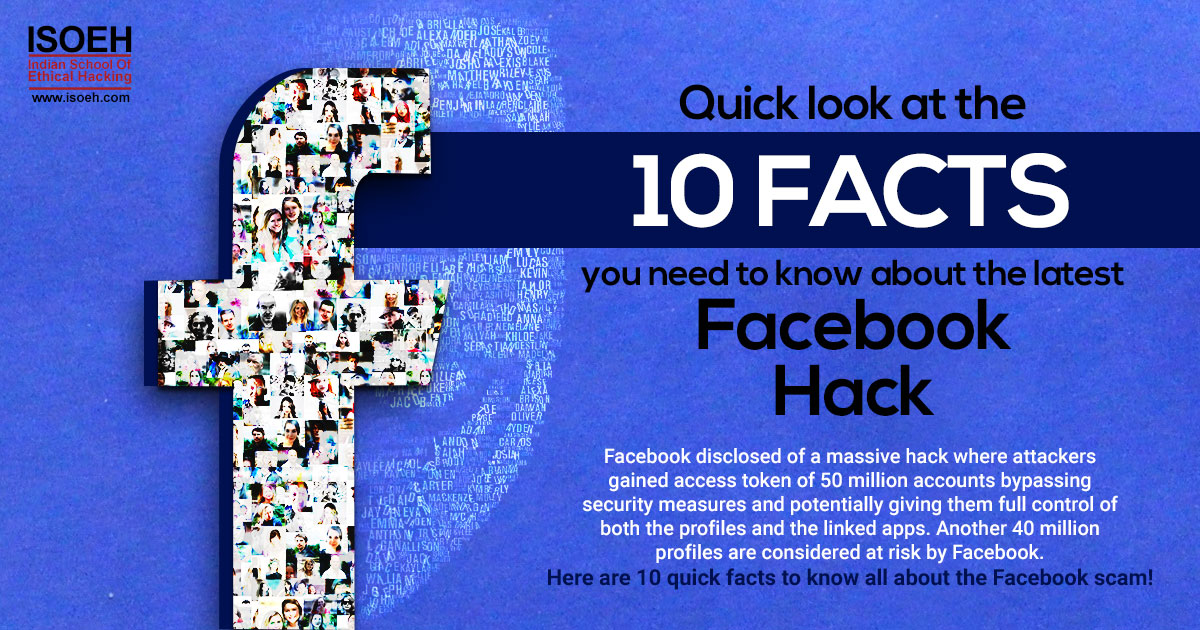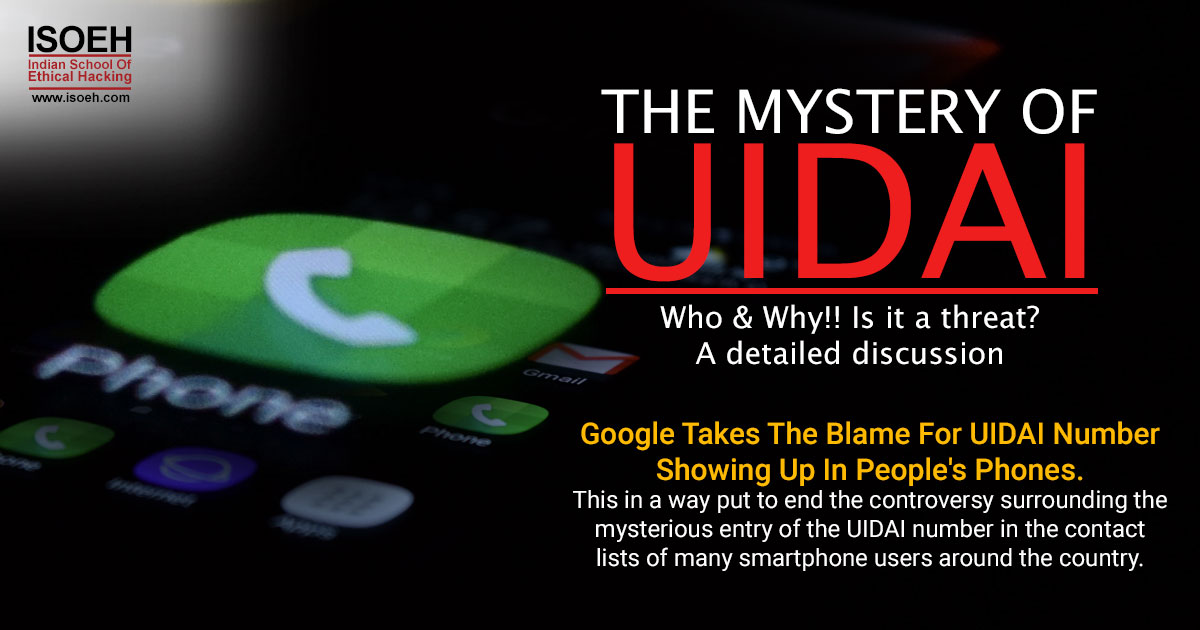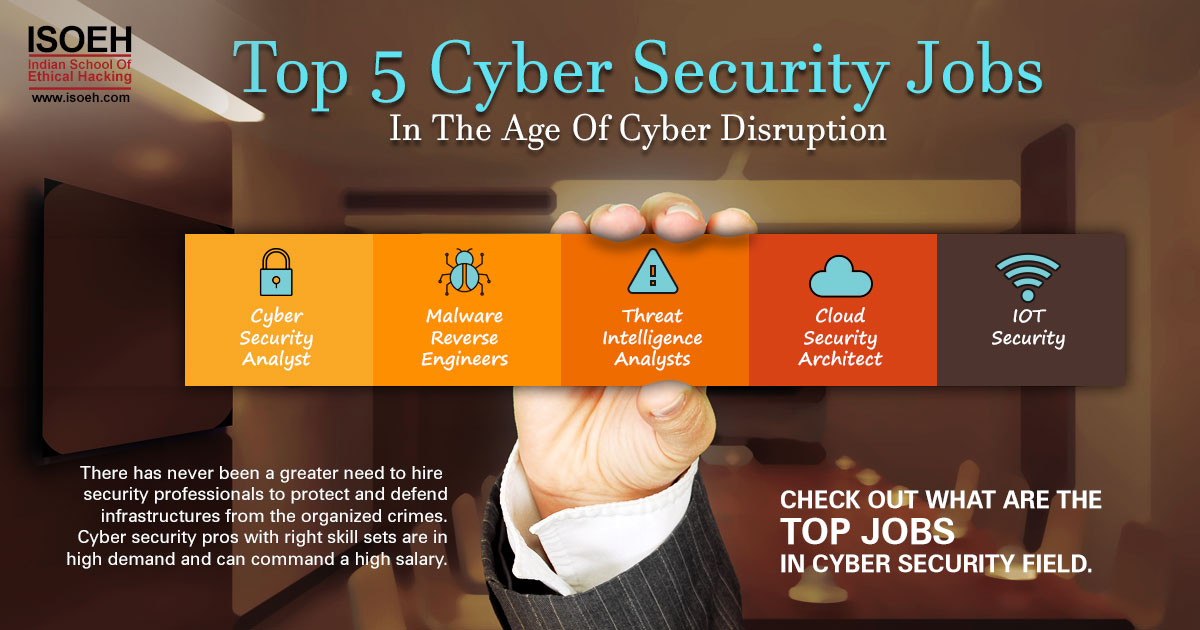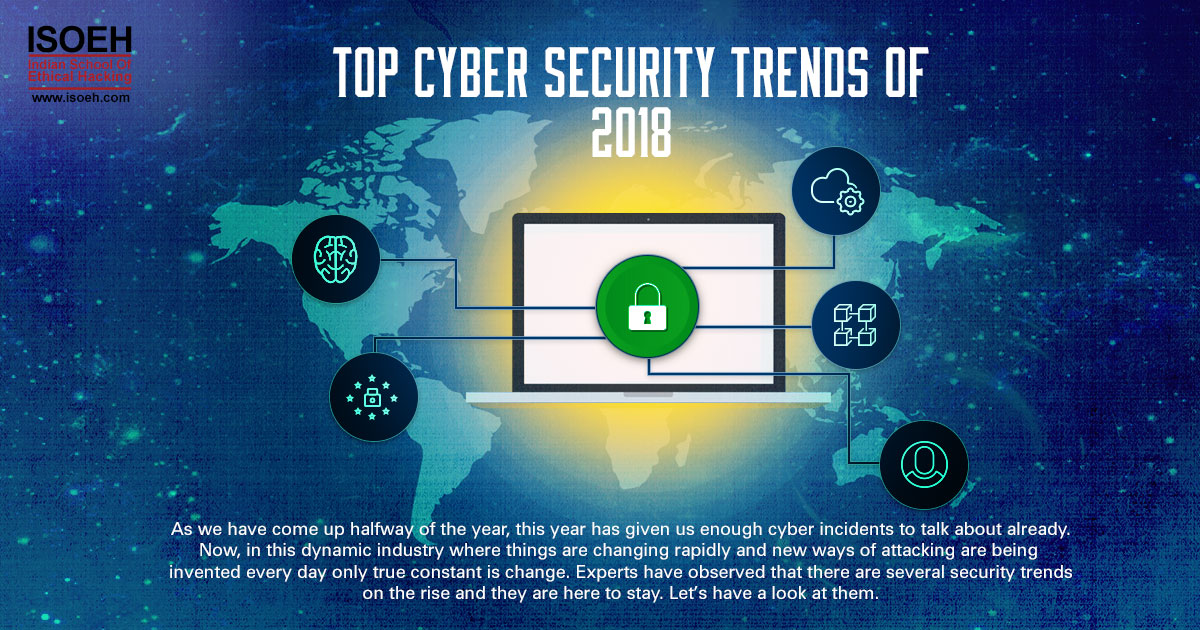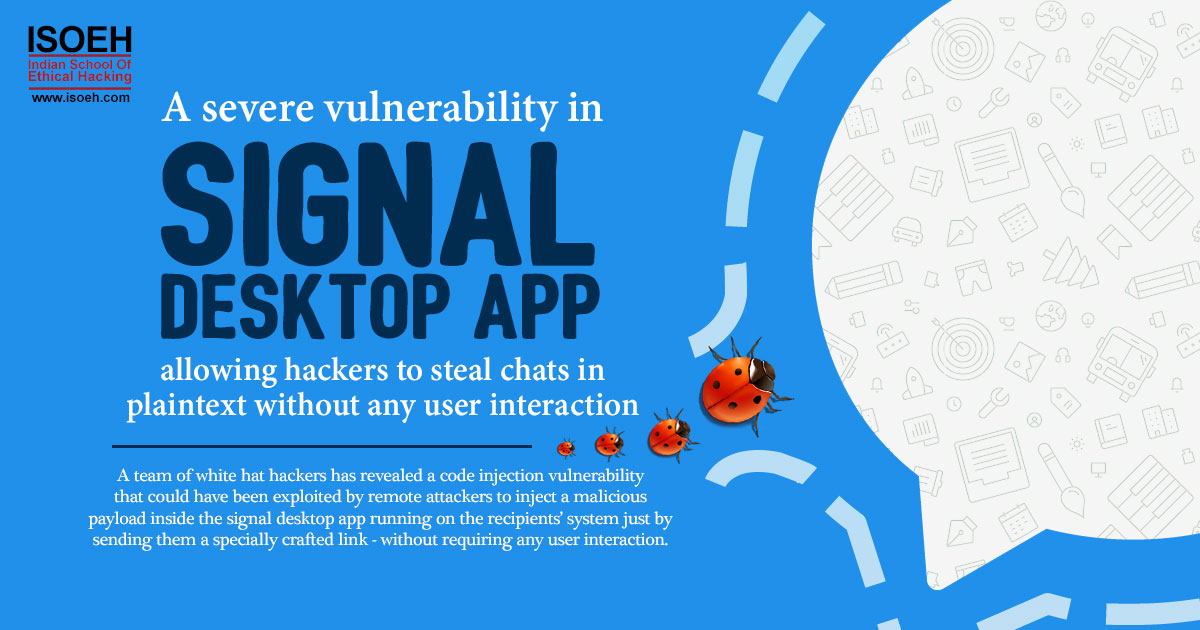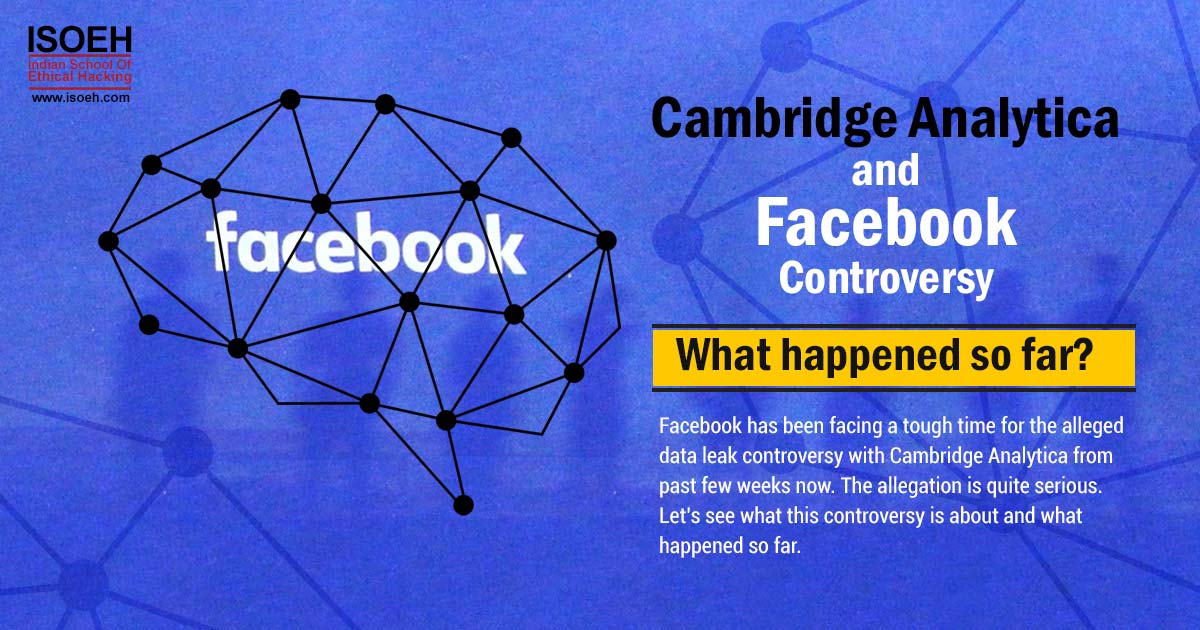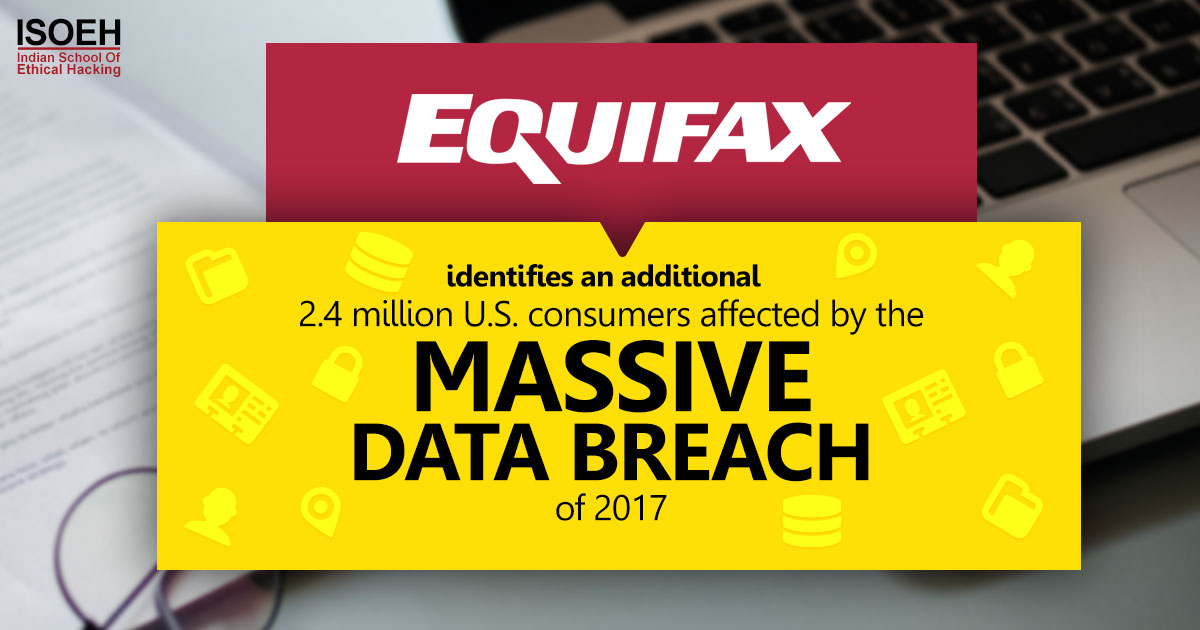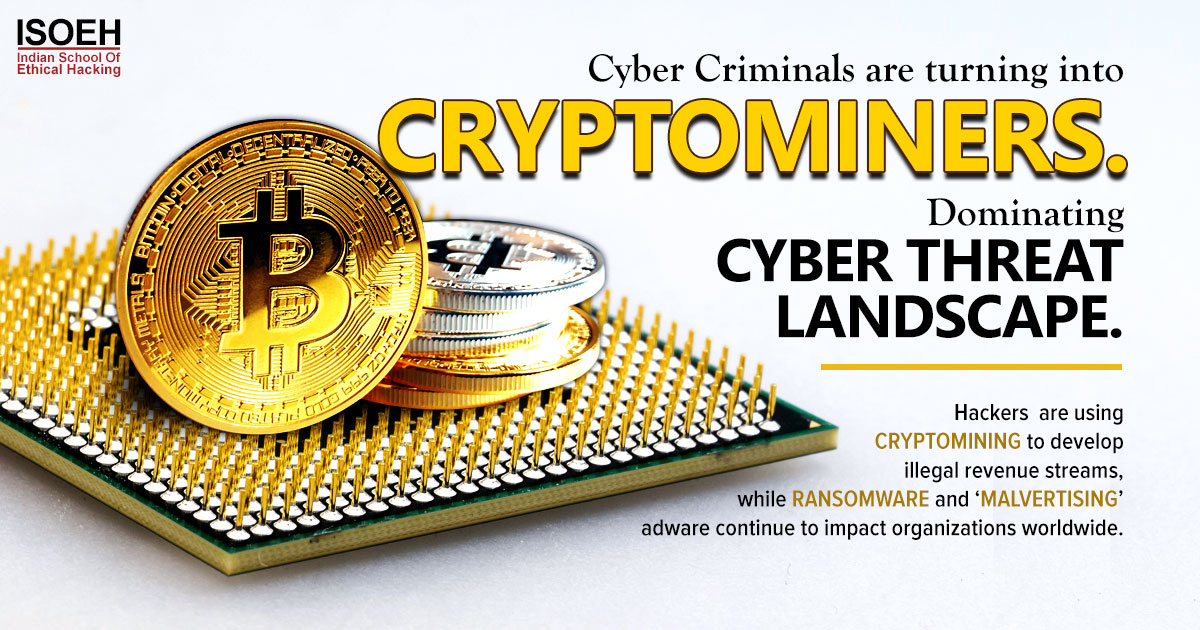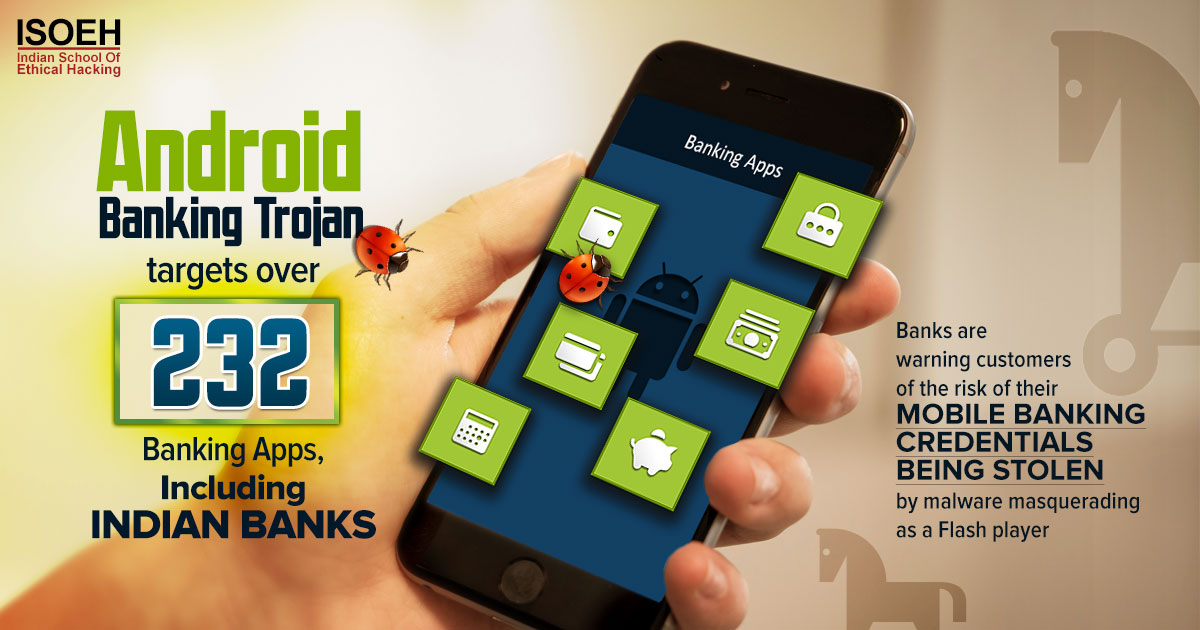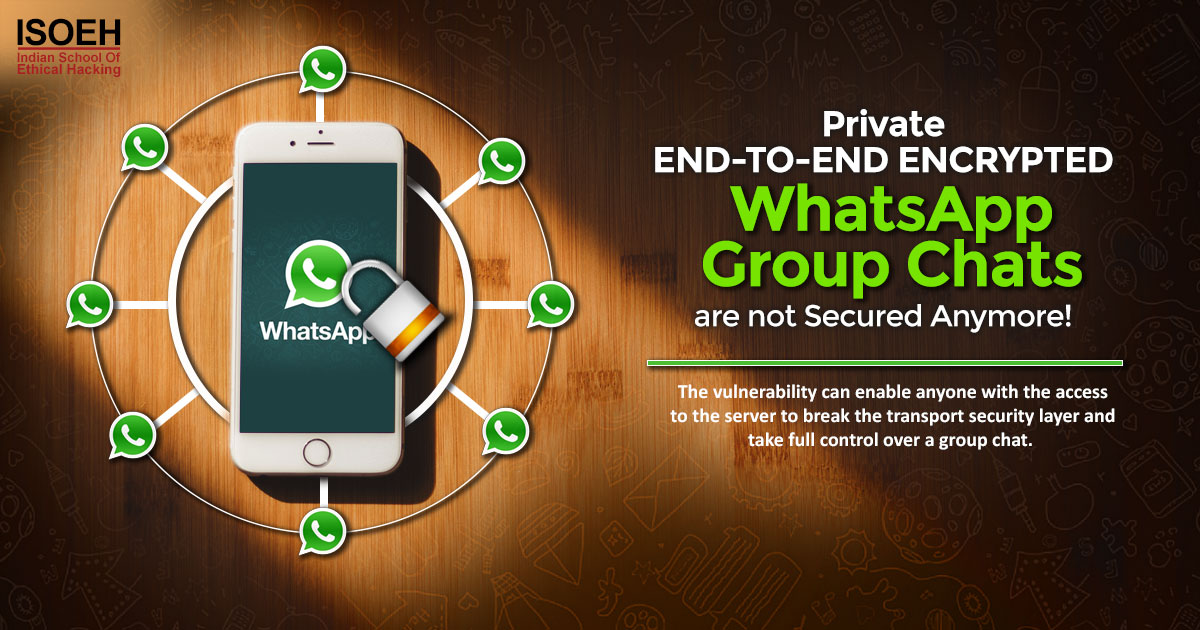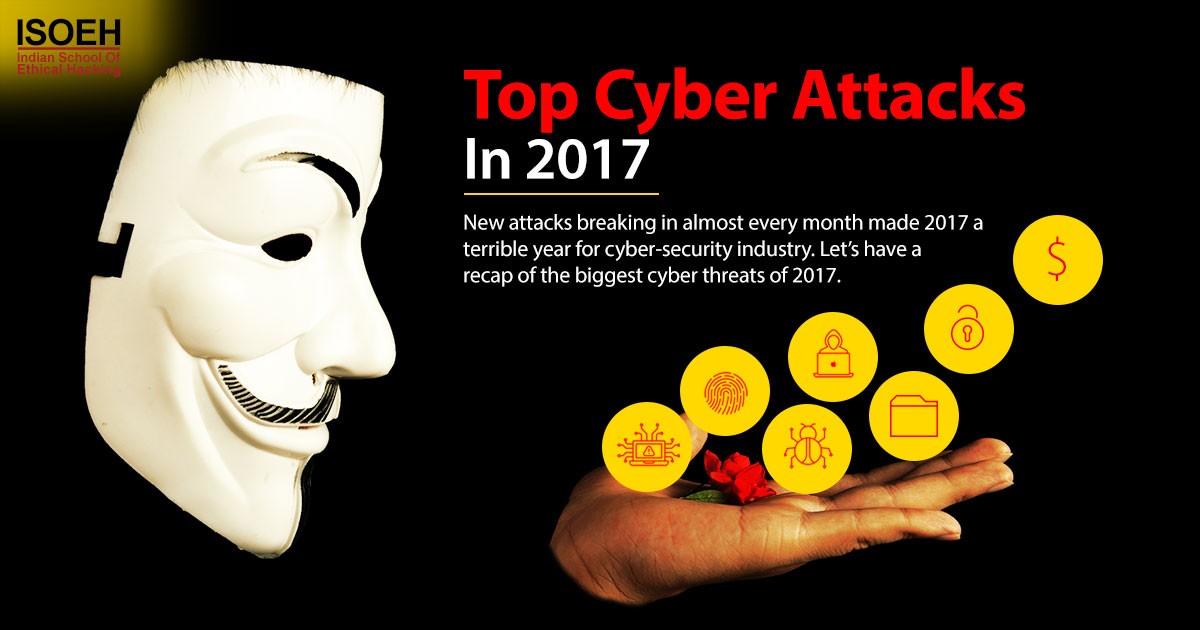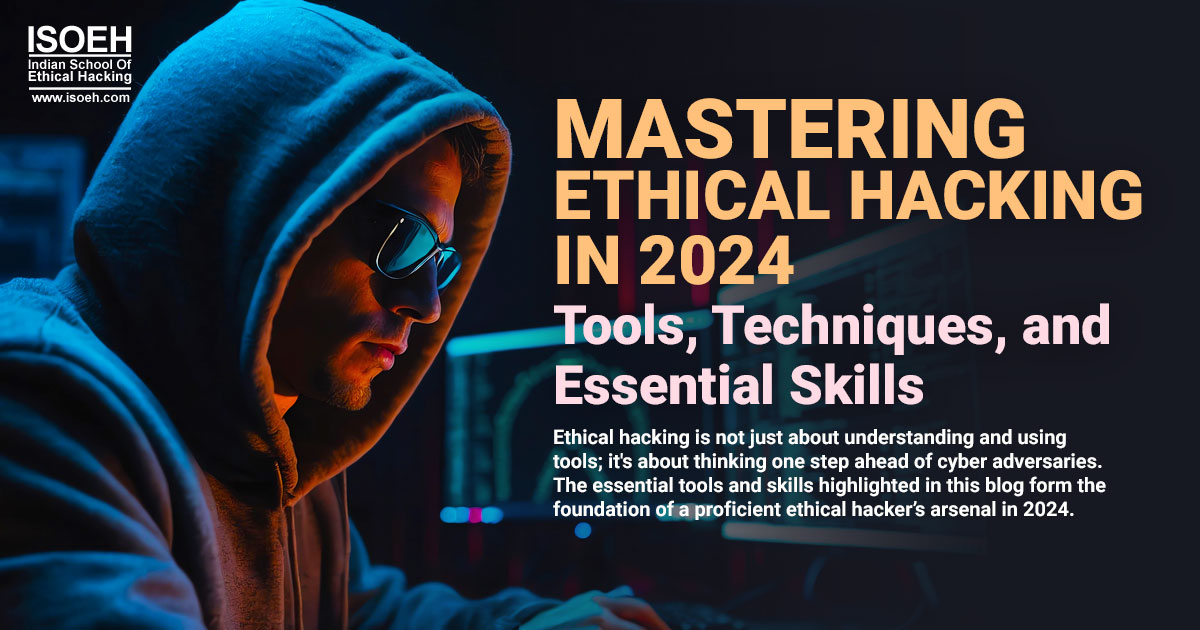
In an era where cybersecurity threats evolve at an unprecedented rate, the need for proficient ethical hackers has never been more critical. Ethical hackers serve as the guardians of the digital realm, employing a variety of sophisticated tools and techniques to safeguard organizations from potential threats. This blog delves into the essential tools and skills required for ethical hacking in 2024, providing insights for enthusiasts aiming to excel in this dynamic field.
The Ethical Hacker's Toolkit: Essential Software for 2024
1. Network Scanners and Analyzers: Nmap and Wireshark
One of the fundamental tasks of any ethical hacker is scanning networks to identify vulnerabilities. Nmap is invaluable for mapping network environments and pinpointing open ports and services. Wireshark, on the other hand, offers deep packet inspection to analyze network traffic in detail, aiding in the detection of anomalies that could indicate a security breach.
2. Vulnerability Assessment: Nessus and OpenVAS
For systematic vulnerability assessment, tools like Nessus and OpenVAS stand out. Nessus is widely recognized for its comprehensive database of vulnerabilities and ease of use, while OpenVAS offers a robust open-source alternative with a strong community backing, ensuring it stays updated with the latest security patches.
3. Penetration Testing Suites: Metasploit and Burp Suite
Metasploit remains a cornerstone in any penetration tester's arsenal, providing a vast array of exploits alongside useful payload options. Burp Suite excels in web application security, offering tools for mapping out application structure and identifying vulnerabilities.
Advanced Skills for the Modern Ethical Hacker
1. Programming Proficiency
A strong grasp of programming is indispensable for ethical hackers. Proficiency in languages like Python, JavaScript, and PowerShell allows hackers to write custom scripts and tools to automate tasks and manipulate software environments effectively.
2. System Exploitation Techniques
Understanding how operating systems work, including both Windows and Linux, is crucial. Ethical hackers must be adept at exploiting system vulnerabilities and escalating privileges on these platforms to gain deeper access for analysis and securing systems.
3. Cloud Security Competence
With the increasing adoption of cloud technologies, expertise in cloud security has become vital. Ethical hackers should be familiar with cloud service providers like AWS, Azure, and Google Cloud, and know how to use their specific tools to secure cloud environments.
4. Cryptography Knowledge
A strong understanding of cryptography is essential for securing data transmissions and ensuring data integrity. Knowledge of encryption algorithms and secure hashing functions is necessary to protect sensitive information effectively.
Continuous Learning and Adaptation
The field of ethical hacking is continuously evolving, and staying updated with the latest security trends and technologies is paramount. Regularly attending workshops, webinars, and conferences, and pursuing advanced certifications like OSCP (Offensive Security Certified Professional) or CEH (Certified Ethical Hacker) can significantly enhance an ethical hacker's skill set.
Conclusion: Staying Ahead in the Game
Ethical hacking is not just about understanding and using tools; it's about thinking one step ahead of cyber adversaries. The essential tools and skills highlighted in this blog form the foundation of a proficient ethical hacker's arsenal in 2024. By continuously updating their knowledge and practicing ethical hacking within legal boundaries, professionals can significantly contribute to securing digital infrastructures against emerging threats.
We encourage tech enthusiasts and budding ethical hackers to delve deeper into each of these areas. Subscribe to our blog for more in-depth discussions and stay updated with cutting-edge cybersecurity trends and tools. Together, let's fortify our digital future!
Hacking Tools
Explore All Hacking Tools »
UFTP is an encrypted multicast file transfer program for secure, reliable & efficient transfer of files. It also helps in data distribution over a satellite link.
Read DetailsBreaking News
Breaking News Of Each Month »
The recent pandemic was unexpected and unknown to most part of the world. It has changed our life and we are slowly adapting to our new lifestyle. The risks associated with the new lifestyle, both personal & corporate, are unknown to most of us.
Read Details


